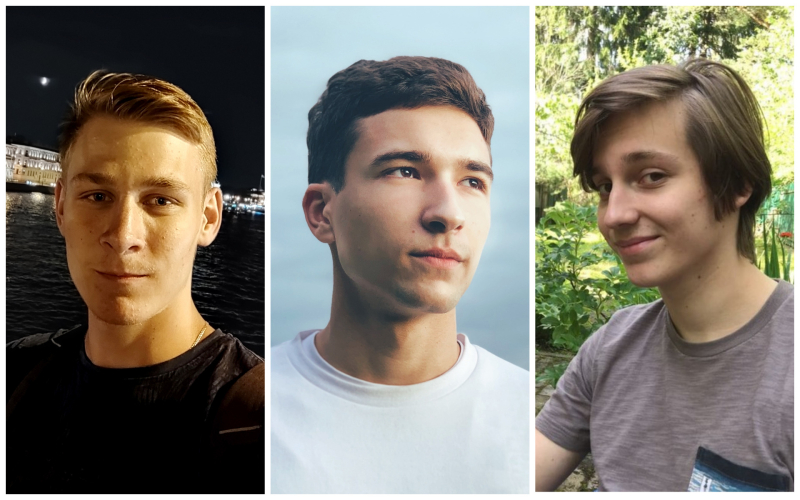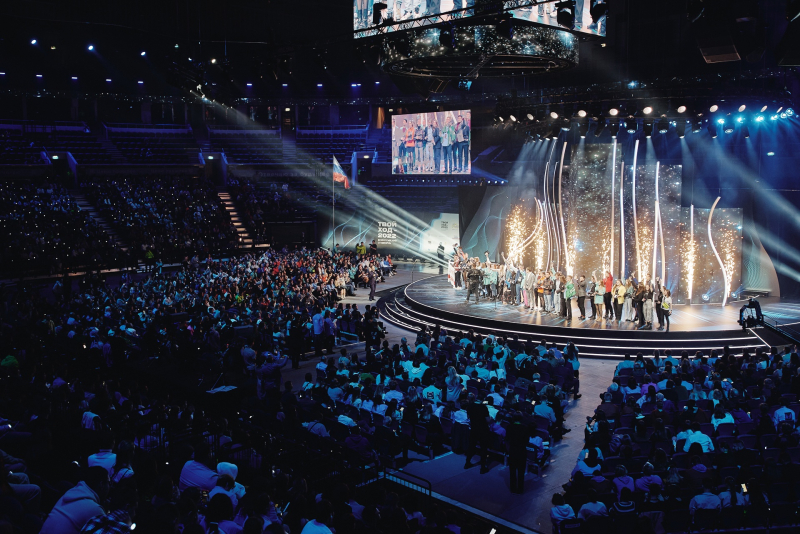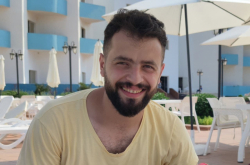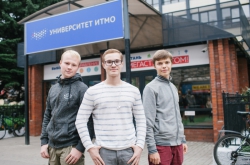The national contest Your Turn was held for the second year in a row with the support of the Federal Agency for Youth Affairs and the Ministry of Science and Higher Education. Its main goal is to help future and current students to fulfill their potential and contribute to the development of education.
All activities as part of the event are split into two categories. The first is intended for those who want to upgrade their skills and expand their portfolio by participating in business games, internships, educational courses, and other activities. The second is for those who already have an idea or a project. Its participants can apply for one of the three tracks: I Define (projects focused on improving academic environments), I Create (for ways to improve the Your Turn project), and I Make – for individual and team projects in one of 11 subject areas:
-
Discovering Russia
-
Expanding Possibilities
-
Advancing Progress
-
Changing Cities
-
Providing Inspiration
-
Preserving Nature
-
Doing Good
-
Remembering the Important
-
Discussing the Main Topics
-
Creating New Things
After picking a subject area, the participants complete an online course in which they learn how to find team members, raise funds, and present their projects. Then, their projects are assessed during online and regional stages.
This year, the jury recognized three projects submitted by ITMO students to the I Create track. These are the submissions by Marina Izotova, a first-year Master’s student of the Faculty of Technological Management and Innovations; Konstantin Baltsat, a third-year Bachelor’s student at the Faculty of Infocommunication Technologies; and Andrey Meshkov, a second-year Master’s student at the Faculty of Secure Information Technologies. Each of them will receive 1 million rubles, to be spent on developing their projects, studies, living conditions, and more. And in the track I Define, the winner’s title went to Mikhail Frolov, a fourth-year Bachelor’s student at the Information Technologies and Programming Faculty. As his prize, he will receive one of 200 research trips.
ITMO.NEWS spoke with the winners to learn about their projects and how the students plan to develop them further.
Personalized career infrastructure for students
Marina Izotova’s project StartTech helps students build adaptive career trajectories regardless of how they work – as freelancers, at a private enterprise, or for a state organization. First, the candidates take a test to assess their soft and hard skills. Then, they are provided internship suggestions. Having picked one to their liking, the students complete initial training and can then seek employment without needing to take additional tests or interviews. As the project’s creator explains, the service aims to find jobs relevant to the students’ needs while also helping companies find motivated staff who share their values.
“There are many startups in the field of HR, but only some focus on students, which is a group that requires a special approach. And most of the time, students have to manually sort by various parameters such as the job title, salary, and so on. We approach this from a coaching perspective, identifying their strengths and choosing the jobs that the students may not have considered, but might be interested in,” explains Marina Izotova.
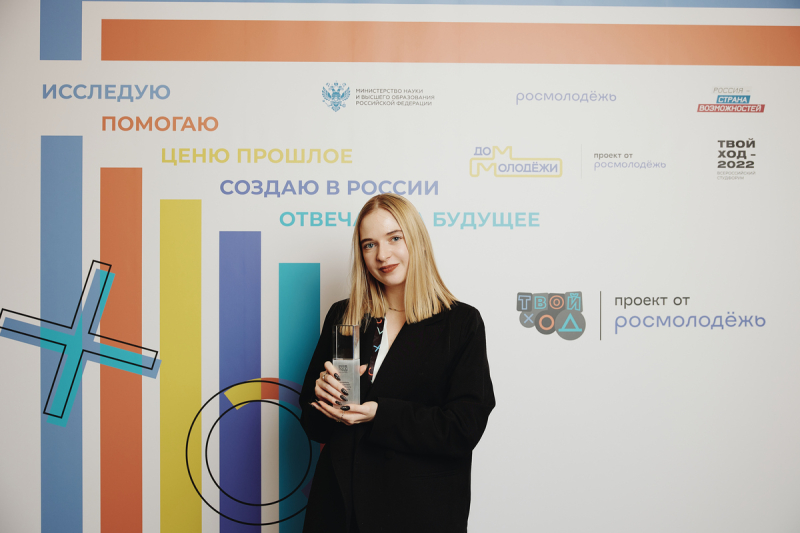
Marina Izotova. Credit: Your Turn press team
In the future, Marina hopes to upscale the project and introduce new features: a more automated offer selection, as well as the ability for students to get in touch with a professional career coach.
Desktop app for work-life balance
These days, developers of fitness apps and smart watches remind their users to take breaks using timers similar to the Pomodoro technique – a repeating cycle of 25-minute work periods separated by 5-minute breaks. But according to Konstantin Baltsat, these technologies often don’t account for the user’s personal habits and therefore can’t offer a truly effective solution.
“I use a fitness tracker myself and, naturally, I have break reminders turned on. But in my case, these notifications are rarely useful. They’re either too late or come at the wrong time, when I’m actually productive. Also, not all such solutions provide activities to engage in during the break that are tailored to the user’s physical and behavioral metrics. You have to use separate apps for that,” he explains.
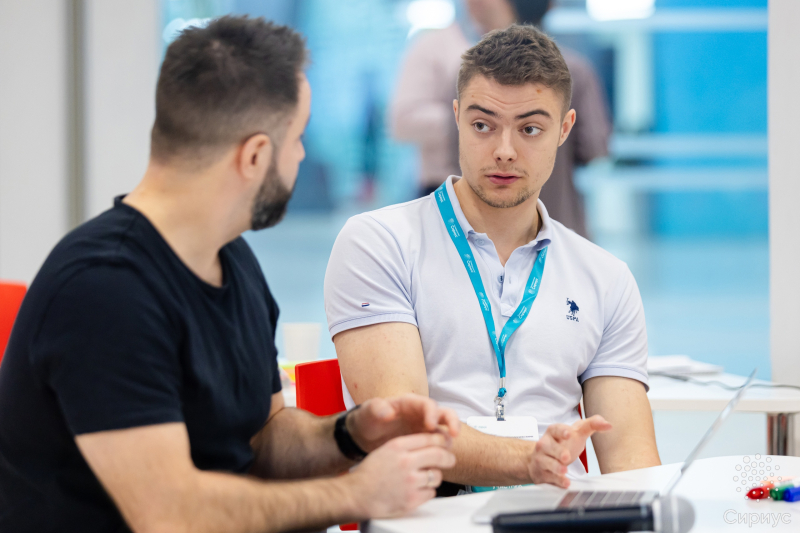
Konstantin Baltsat. Photo courtesy of the subject
As a solution, Konstantin has developed a desktop app that plans breaks according to the user’s habits and provides a personalized activity plan. To do that, it collects data on the user’s heartbeat, eye movement, facial expression, use of keyboard and mouse, distance from the screen, and even the way they switch between tabs. Konstantin believes that this technology will help students work more efficiently, better understand and remember study materials, and stay healthy. In the future, he believes, the solution may even be integrated into smart houses to create an intelligent environment that helps its user maintain work-life balance.
Face-analyzing proctoring system
In the two years since the pandemic began, the educational system has adapted to remote studies, while universities have had to develop and learn to use various solutions. Among these are proctoring systems, which help ensure that students take their exams in earnest. But most such systems, while operating in asynchronous mode, cannot analyze the students’ faces and voice during an exam. Analyzing these biometric qualities can help improve such systems and reduce the time needed to assess an exam, says Andrey Meshkov, who is working on his own solution.
“A key difference between my product and the existing alternatives is that this system doesn’t require a lot of power. This is because it compares the student’s face at random intervals without needing to analyze the entire duration of the exam. It’s enough to pick an adequate interval that would allow us to make sure that the student doesn’t attempt to cheat the system,” he explains.
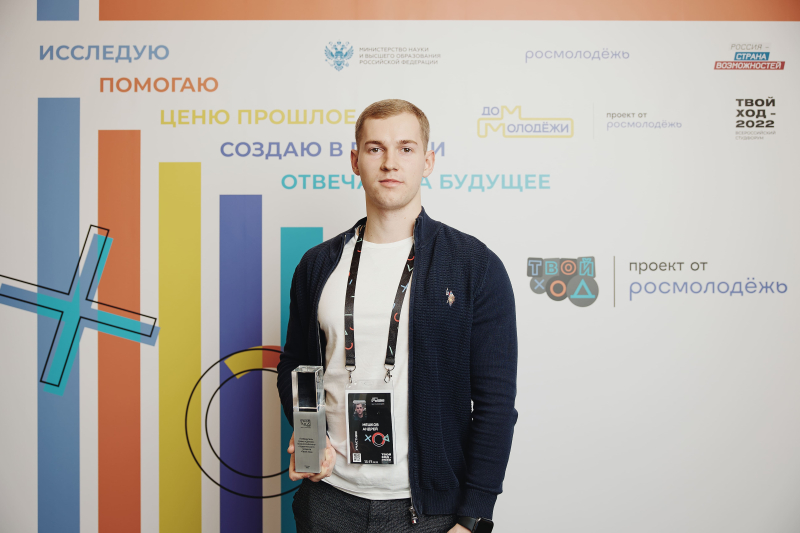
Andrey Meshkov. Credit: Your Turn press team
Andrey also plans to enhance the system with a feature that would let the system send encrypted reports to the administrators. In the future, he plans to integrate the product into existing university-based information systems.
Event planner for students
Sometimes, students find it difficult to decide how they want to spend their free time. On the one hand, you need to find a place where a big group can situate themselves comfortably; on the other, you want to account for everyone’s interests and wallets. Mikhail Frolov and his groupmates Yaroslav Kirsanov and Fedor Vikhnin took these needs into account with BED (Best Event Designer). The service helps users plan their leisure by building a detailed itinerary (for one or for a group) and keeping track of various events. Right now, the chat bot already allows users to plan their activities in central St. Petersburg. In the future, the team plans to deploy the service onto its own website and expand the list of locations and events.
(left to right) Mikhail Frolov, Yaroslav Kirsanov, and Fedor Vikhnin. Photos courtesy of Mikhail Frolov